
Warri: The Heartbeat of Nigeria's Delta
Warri, a vibrant city in Nigeria's Delta State, is a hub of culture, history, and commerce. Known for its bustling markets and lively atmosphere, Warri offers a unique blend of traditional Nigerian life and modern development. The city's rich history as a major port and trading center has shaped its diverse population and cultural heritage. Visitors can explore the Warri Kingdom Palace, a symbol of the city’s royal history, and the Effurun Garden Park, a serene escape from the urban hustle. Warri is also famous for its delicious cuisine, with a variety of local dishes that will tantalize your taste buds. Be sure to try the Banga soup, a local favorite made from palm nut fruit, and the fresh seafood that is abundantly available. The city's nightlife is equally vibrant, with numerous bars and clubs where you can enjoy the lively music and dance culture of the region. For those interested in nature and outdoor activities, the nearby Warri River offers opportunities for fishing and boat tours, providing a glimpse into the daily lives of the local fishermen. Warri is also a gateway to the Niger Delta, where you can experience the unique ecosystem and wildlife of the region. Whether you are a history buff, a food lover, or an adventure seeker, Warri has something to offer every traveler.
Local tips in Warri
- Visit the Warri Kingdom Palace early in the day to avoid crowds and enjoy a more peaceful experience.
- Try the local Banga soup and fresh seafood at one of the city's popular restaurants.
- Explore the Effurun Garden Park for a relaxing afternoon amidst beautiful greenery.
- Take a boat tour on the Warri River to see the local fishermen and enjoy the scenic views.
- Check out the local markets for unique souvenirs and to experience the city's vibrant trading culture.
Warri: The Heartbeat of Nigeria's Delta
Warri, a vibrant city in Nigeria's Delta State, is a hub of culture, history, and commerce. Known for its bustling markets and lively atmosphere, Warri offers a unique blend of traditional Nigerian life and modern development. The city's rich history as a major port and trading center has shaped its diverse population and cultural heritage. Visitors can explore the Warri Kingdom Palace, a symbol of the city’s royal history, and the Effurun Garden Park, a serene escape from the urban hustle. Warri is also famous for its delicious cuisine, with a variety of local dishes that will tantalize your taste buds. Be sure to try the Banga soup, a local favorite made from palm nut fruit, and the fresh seafood that is abundantly available. The city's nightlife is equally vibrant, with numerous bars and clubs where you can enjoy the lively music and dance culture of the region. For those interested in nature and outdoor activities, the nearby Warri River offers opportunities for fishing and boat tours, providing a glimpse into the daily lives of the local fishermen. Warri is also a gateway to the Niger Delta, where you can experience the unique ecosystem and wildlife of the region. Whether you are a history buff, a food lover, or an adventure seeker, Warri has something to offer every traveler.
When is the best time to go to Warri?
Iconic landmarks you can’t miss
Shoprite Delta Mall
Discover local flavors and everyday essentials at Shoprite Delta Mall, the vibrant supermarket in Wado, Delta.
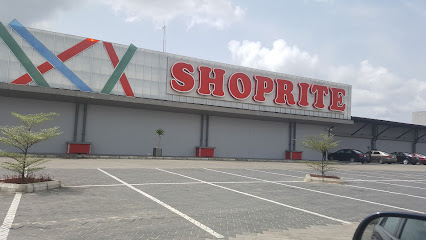
BON Hotel Hyatti, Warri
Experience the blend of comfort and luxury at BON Hotel Hyatti, your ideal getaway in Warri, Delta State, Nigeria.
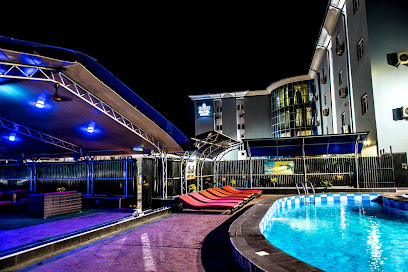
Effurun Market
Explore the vibrant Effurun Market, where local culture, delicious street food, and unique crafts await in the heart of Delta, Nigeria.
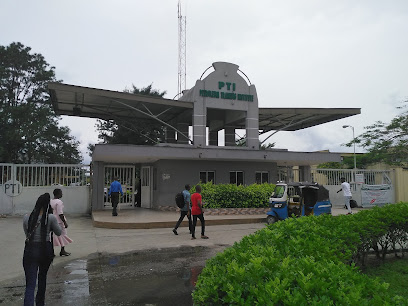
BON Hotel Delta
Experience comfort and tranquility at BON Hotel Delta, the perfect base for exploring the vibrant culture of Warri, Nigeria.
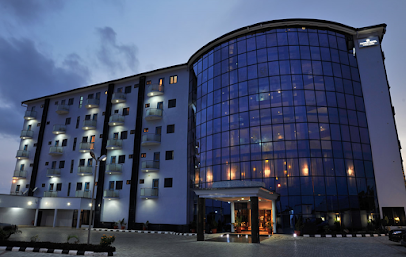
Manuex Place Event Centre & Hotel
Discover a blend of comfort, convenience, and local culture at Manuex Place Event Centre & Hotel in the heart of Delta.
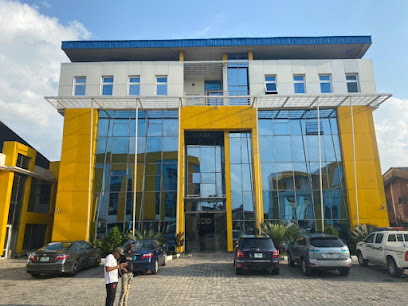
TEMPLEGRILL
Discover the best of Nigerian cuisine at Templegrill, a cozy restaurant in Warri offering a diverse menu and a welcoming atmosphere for all diners.
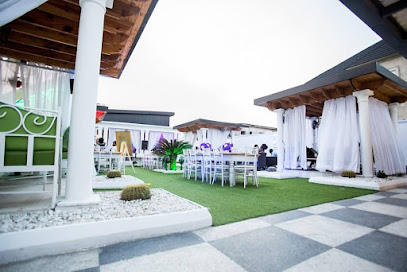
Solidas Restaurant
Experience the flavors of Nigeria at Solidas Restaurant in Warri, where delicious dishes and a vibrant atmosphere await.
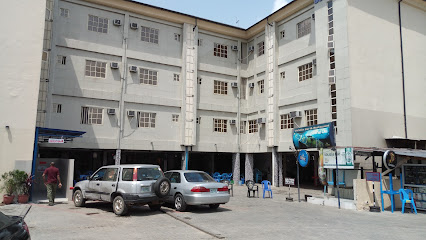
Warri Township Stadium
Discover the vibrant sports culture at Warri Township Stadium, where thrilling soccer matches unite the community and visitors alike in an unforgettable experience.
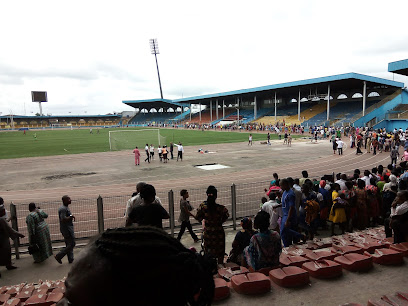
TM Palace Hotel
Discover comfort and tranquility at TM Palace Hotel, your ideal getaway in Warri, Delta State, Nigeria, offering modern amenities and warm hospitality.
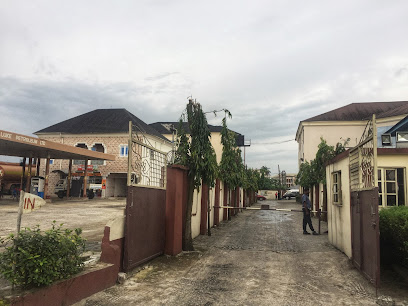
Casa de Pedro Hotel
Discover comfort and local culture at Casa de Pedro Hotel, an inviting stay in Warri, Delta State, perfect for exploring Nigeria's vibrant heritage.
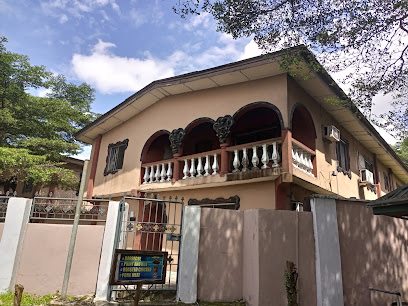
The Plantation City
Explore The Plantation City in Otokutu, Delta, where modern living meets serene landscapes in a unique housing complex experience.
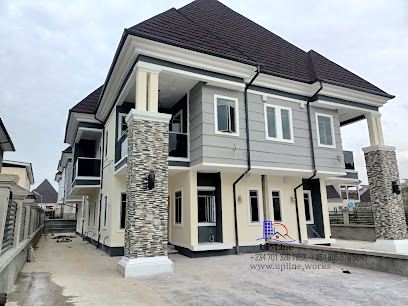
The BRIDGEVIEW HOTEL
Discover the comfort of The Bridgeview Hotel in Warri, Delta State, offering a perfect blend of modern amenities and local hospitality.

Peemos Hotel
Discover comfort and local charm at Peemos Hotel in Warri, your perfect base for exploring Delta State's vibrant culture and attractions.

Eliko Hotels
Discover comfort and local charm at Eliko Hotels in Warri, offering spacious rooms, delicious BBQ, and a welcoming atmosphere for a perfect getaway.
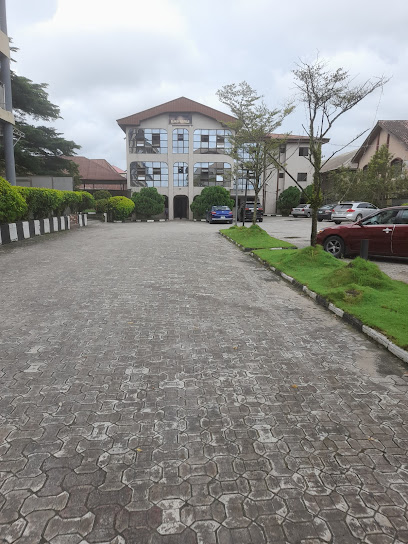
K16 Lounge
Explore the vibrant ambiance and delectable cuisines at K16 Lounge, the premier bar and restaurant in Warri, Delta, Nigeria.
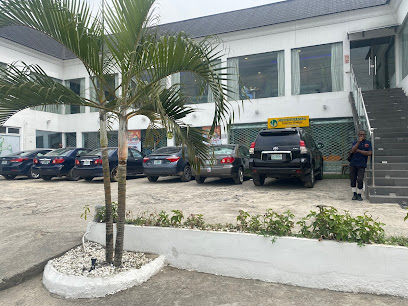
Unmissable attractions to see
God Is Good Park, Wado City
Explore the serene beauty of God Is Good Park in Wado City, a perfect retreat for relaxation and outdoor activities amidst lush greenery.
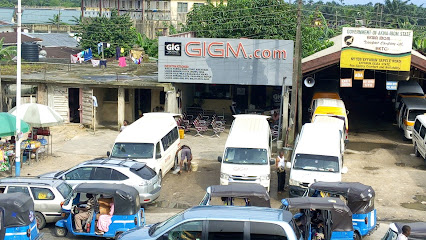
Mofor Park
Mofor Park in Delta offers a serene escape with lush landscapes, perfect for relaxation, picnics, and family outings in nature's embrace.
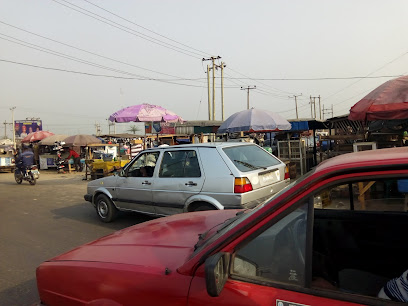
Agofure Park
Discover tranquility at Agofure Park in Warri, a lush oasis perfect for relaxation, picnics, and enjoying nature's beauty.
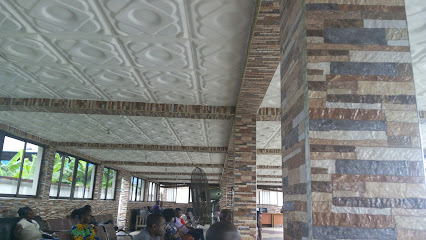
Falcorp Mangrove Park
Explore the tranquil beauty of Falcorp Mangrove Park, a natural paradise in Delta, Nigeria, perfect for nature lovers and outdoor enthusiasts.
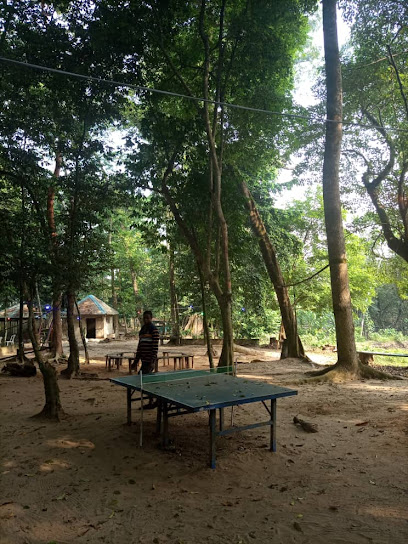
Udu Garage
Experience the natural beauty and cultural vibrancy of Udu Garage, a serene park in Delta, Nigeria, perfect for relaxation and leisure activities.
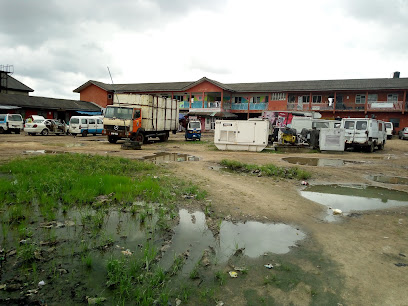
Lavigour Amusement Park, Effurun
Discover the excitement of Lavigour Amusement Park in Effurun, a fun-filled destination with thrilling rides and family-friendly attractions.
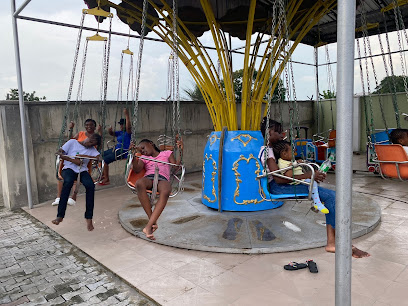
FIRST OCEANIC GROUP
Explore the serene landscapes of First Oceanic Group Park in Ovwian, Delta, Nigeria, a perfect escape for nature lovers and families.
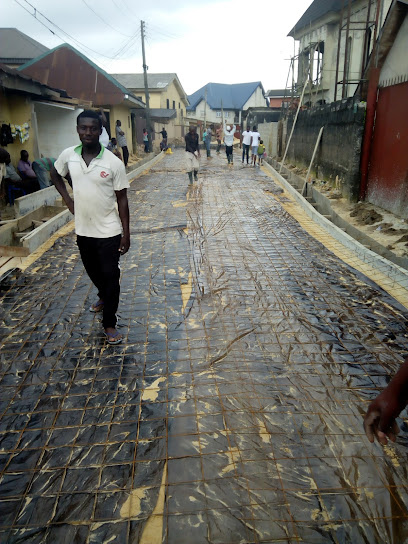
Jogan lake view
Explore the tranquil beauty of Jogan Lake View in Delta State, Nigeria – a perfect escape for nature lovers and adventure seekers alike.
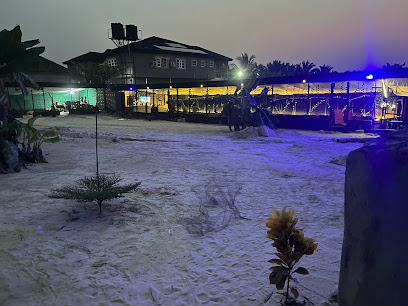
Tamigbe
Explore the hidden gem of Tamigbe in Nigeria's Delta region, where natural beauty meets rich culture and authentic experiences await every traveler.
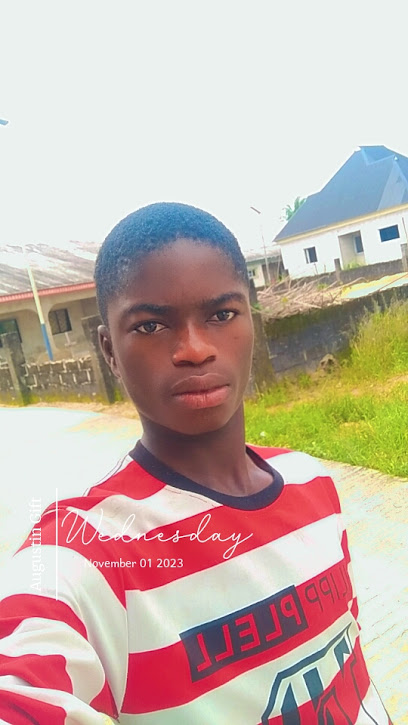
Atsedagho Olu Town
Experience the serene beauty of Atsedagho Olu Town, a lush city park in Warri that provides a peaceful retreat amidst nature.
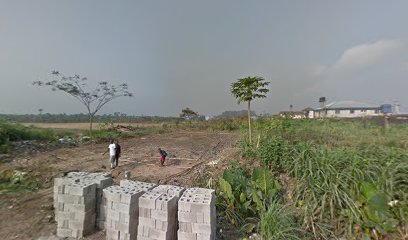
Effurn Garden Park
Experience the tranquility of Effurn Garden Park, a beautiful green space perfect for relaxation, recreation, and family outings in Wado City, Delta State.
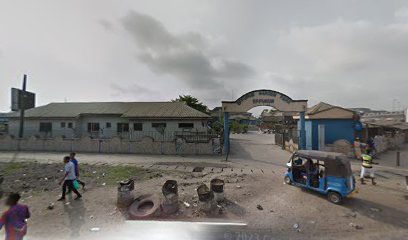
dj skeboy
Experience nature's beauty at DJ Skeboy Wildlife Park in Wado City, Delta—a haven for wildlife enthusiasts and families alike.
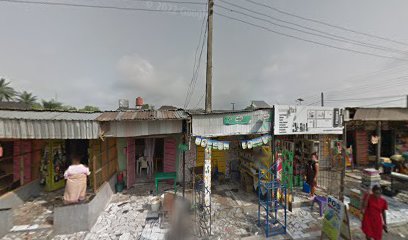
Beautiful Gate Celebration
Discover the serene beauty of Beautiful Gate Celebration, a peaceful park in Effurun perfect for relaxation, picnics, and nature walks.
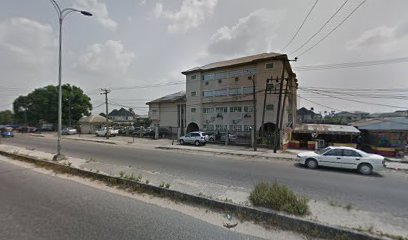
Lucky's London
Experience tranquility and natural beauty at Lucky's London Park in Asubi, Delta - a perfect escape for relaxation and exploration.
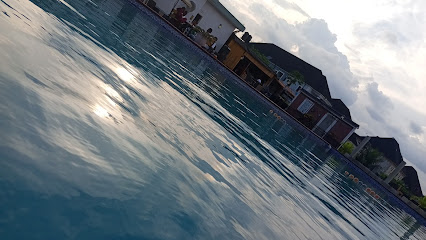
Ginsburg
Explore Ginsburg Park in Wado City, a tranquil sanctuary filled with lush greenery and serene pathways, perfect for relaxation and family gatherings.
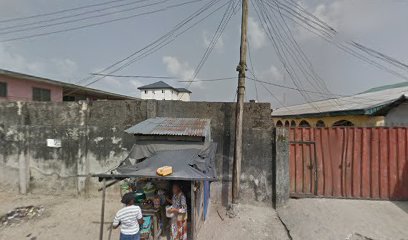
Essential places to dine
TEMPLEGRILL
Discover the vibrant flavors of Warri at TempleGrill – where local meets international cuisine in an inviting atmosphere.
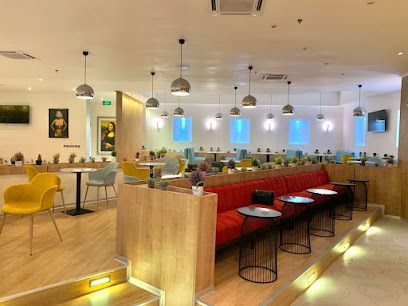
Solidas Restaurant
Experience the vibrant flavors of Nigeria at Solidas Restaurant – where every meal tells a story.
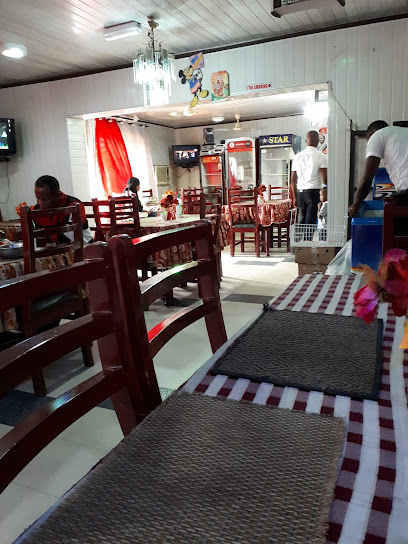
Otres
Experience the vibrant flavors of Nigeria at Otres, Warri's culinary gem offering a delightful mix of local and international cuisine.
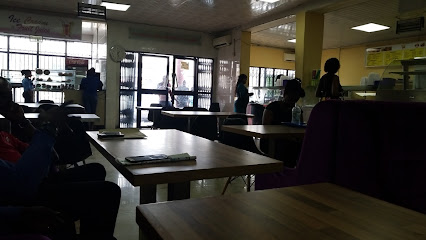
K16 Lounge
Discover K16 Lounge in Warri - where culinary excellence meets vibrant nightlife in a stylish setting.
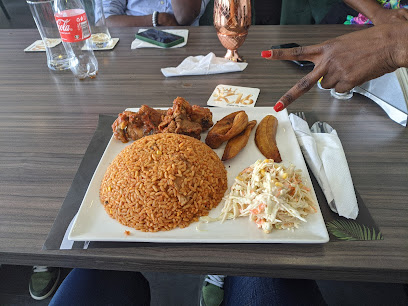
Sizzlers Fast Food And Restaurant
Experience delicious fast food and hearty breakfasts at Sizzlers Fast Food And Restaurant in Warri - where flavor meets affordability.
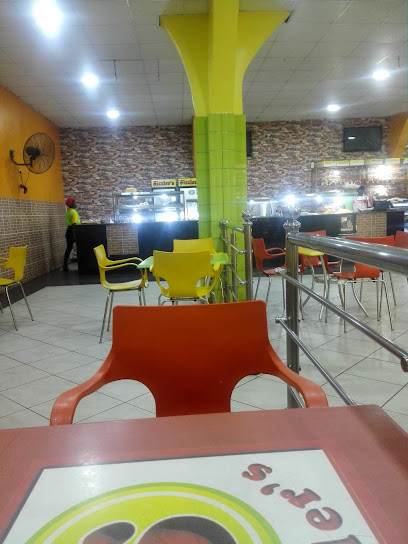
Blue pepper restaurant
Discover the vibrant taste of fast food at Blue Pepper Restaurant in Warri – where flavor meets hospitality.
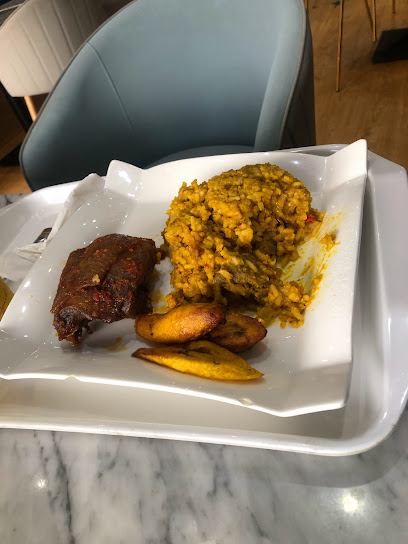
Sizzlers Nigeria
Discover delicious fast food and breakfast delights at Sizzlers Nigeria in Warri – where flavor meets convenience.
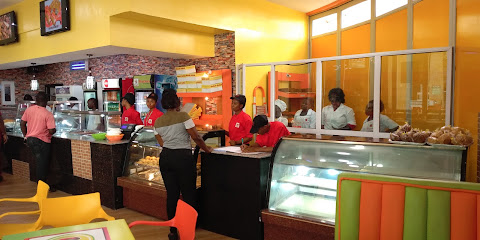
Kilimanjaro
Discover authentic flavors at Kilimanjaro Restaurant in Effurun - where local meets international cuisine in a vibrant setting.
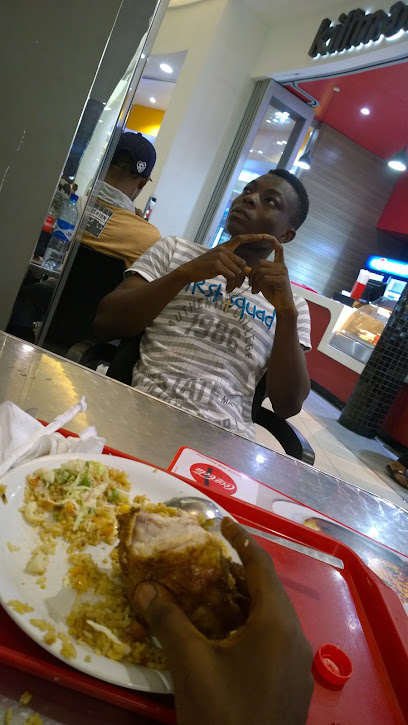
TEMPLE SPORT BAR
Discover the ultimate grill experience at Temple Sport Bar in Effurun, where great food meets lively sports entertainment.
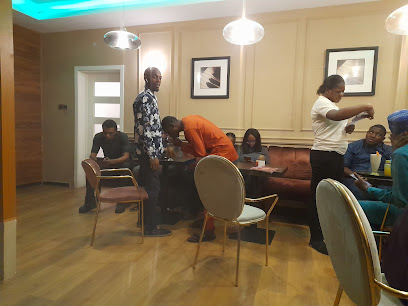
TAVERNA
Discover authentic flavors at Taverna in Delta - where local cuisine meets international flair in a warm and welcoming atmosphere.
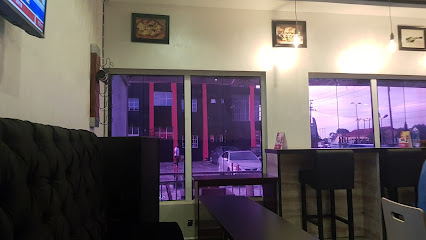
nnpc barbeque spot
Experience authentic Nigerian barbeque at NNPC Barbeque Spot in Warri – where flavor meets fun in a lively atmosphere.
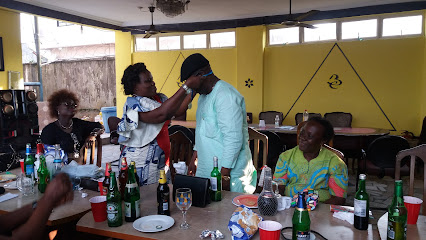
Holyland Restaurant And Event Catering
Discover authentic Nigerian flavors at Holyland Restaurant in Warri – where tradition meets exceptional dining experiences.
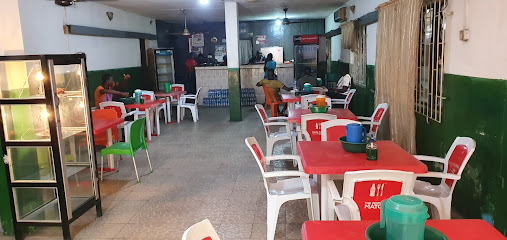
Stomach Affairs Restaurant
Experience authentic Nigerian breakfast at Stomach Affairs Restaurant in Warri - where every dish tells a story.
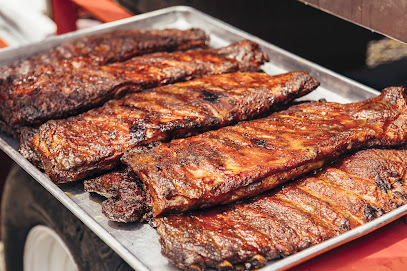
Lady C Restaurant
Experience the best breakfast in Warri at Lady C Restaurant, where local flavors meet international cuisine in a cozy setting.
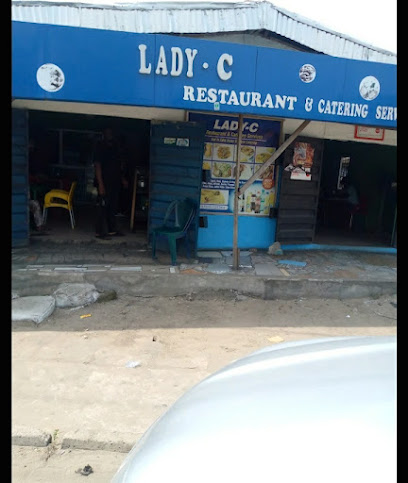
Restaurant African Pot
Discover authentic Nigerian breakfast delights at Restaurant African Pot in Warri - a culinary gem showcasing vibrant local flavors.
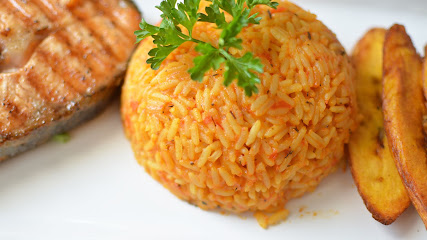
Markets, malls and hidden boutiques
Shoprite Delta Mall
Explore Shoprite Delta Mall in Delta, Nigeria – a vibrant hub for shopping, dining, and local culture.
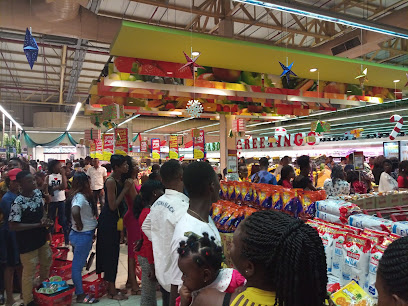
Amajite Place Fashionshop
Explore Amajite Place Fashionshop in Warri GRA for unique boutique fashion that blends tradition and modernity in every piece.
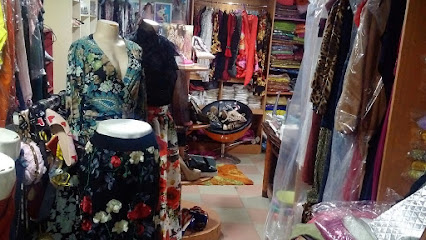
Nuwa Shopping Place
Explore Nuwa Shopping Place in Warri for a unique shopping experience featuring groceries, trendy clothing, and delightful dining options all in one vibrant location.
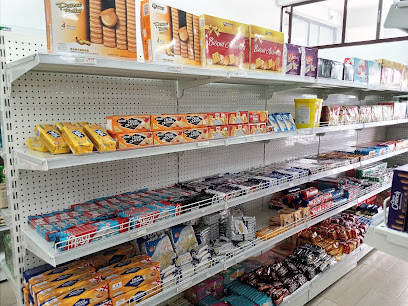
God's Favour Outfit
Explore God's Favour Outfit for a unique blend of contemporary Nigerian fashion and local designer pieces in Warri, Delta.
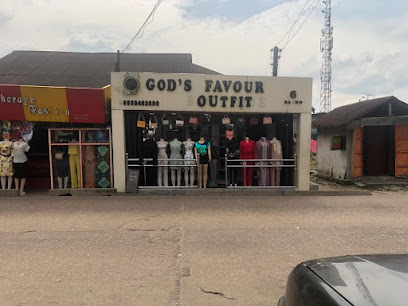
Tarelas House Of Fashion
Explore Tarelas House of Fashion in Warri for unique clothing and accessories reflecting vibrant Nigerian culture.
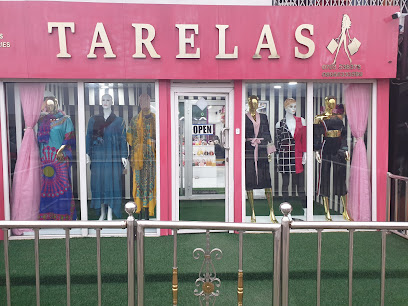
Blessing's collection
Discover unique fashion at Blessing's Collection, where local culture meets contemporary style in a vibrant clothing store experience.

DShop
Discover the best of local and international groceries at DShop in Warri, your ultimate shopping destination for fresh produce and essentials.
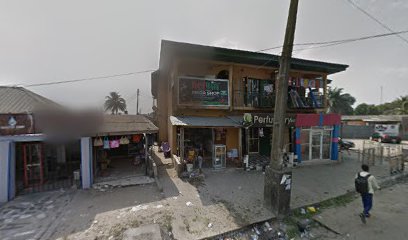
Settuse Collectibles
Explore Settuse Collectibles in Warri for unique fashion accessories that elevate your style and showcase local craftsmanship.
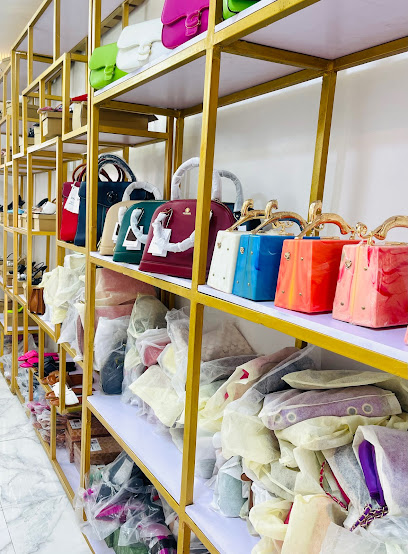
Lilly Souvenirs
Discover Lilly Souvenirs, your go-to destination for unique handcrafted treasures and local artistry that capture the essence of your journey.

Voods Thrift Warri
Discover unique fashion treasures at Voods Thrift Warri, where stylish pre-loved clothing meets affordability in a vibrant atmosphere.
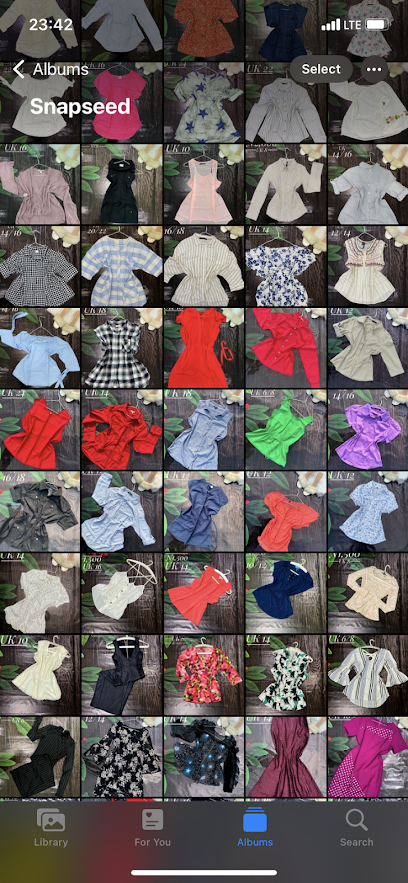
Trading
Explore the elegance of silk at Trading in Warri, where local craftsmanship meets timeless luxury in a vibrant shopping experience.
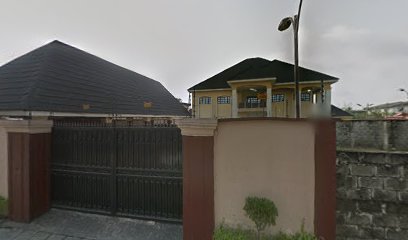
Ede Boutique
Explore Ede Boutique in Warri for unique fashion finds and local artistry, a must-visit destination for discerning tourists.
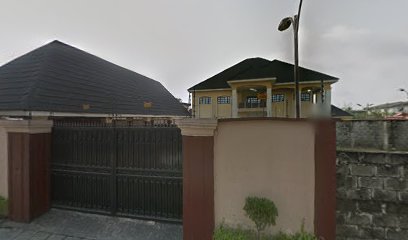
Elvaino Classic Boutique
Experience the charm of local fashion at Elvaino Classic Boutique in Warri, where elegance meets tradition in every piece.
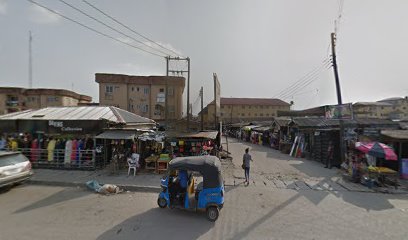
Made Kulture
Explore vibrant fashion and unique styles at Made Kulture, where local artistry meets modern trends in an unforgettable shopping experience.

Oil perfume and accessories
Explore exquisite fragrances and traditional oils at Warri's top perfume destination, a must-visit for fragrance lovers and tourists alike.
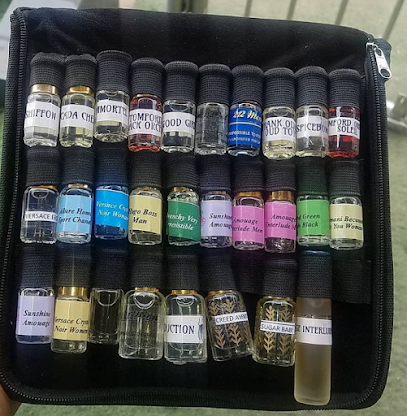
Essential bars & hidden hideouts
Dynasty Lounge
Discover the vibrant atmosphere of Dynasty Lounge, Warri's premier bar for cocktails, music, and unforgettable nightlife experiences.
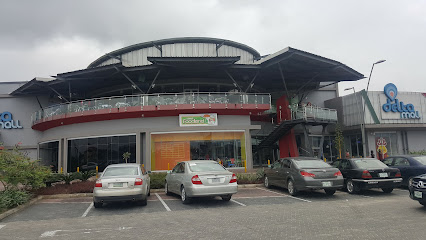
Kool Breeze Bar
Experience the vibrant nightlife at Kool Breeze Bar in Warri, where refreshing drinks and a welcoming atmosphere await you.
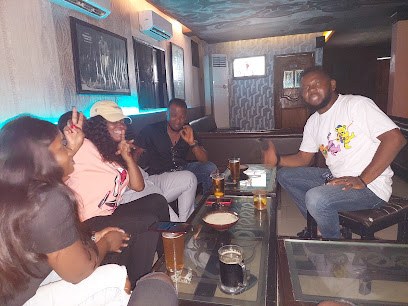
Exclusive Spot Bar & Lounge
Discover the vibrant nightlife at Exclusive Spot Bar & Lounge in Effurun, where great drinks and lively atmosphere await every visitor.
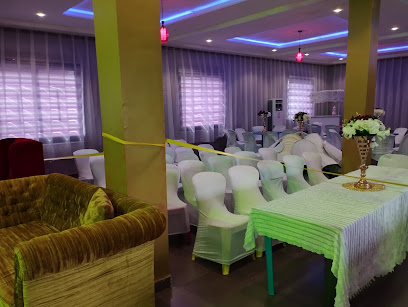
Achievers Bar
Experience the vibrant nightlife at Achievers Bar in Warri, where local culture meets friendly atmosphere and delicious drinks.
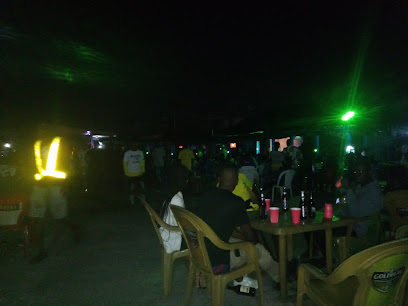
Kere Bar
Discover the vibrant nightlife of Warri at Kere Bar, where refreshing drinks and lively music create unforgettable memories.
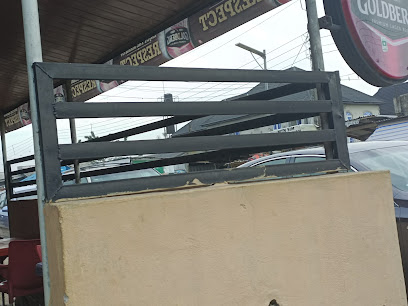
Extancy Lounge
Discover the vibrant nightlife of Warri at Extancy Lounge, where refreshing drinks and a lively atmosphere await.
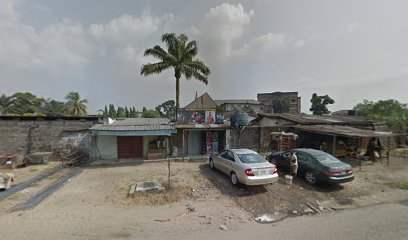
Cocktail Bar & Shawarma
Discover Warri's vibrant nightlife at Cocktail Bar & Shawarma, where delicious shawarma meets creative cocktails for an unforgettable experience.
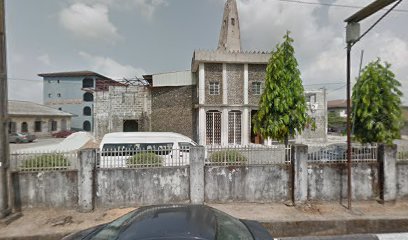
Gaga's Bar
Experience the vibrant nightlife at Gaga's Bar in Warri, where local culture and refreshing drinks come together for an unforgettable evening.
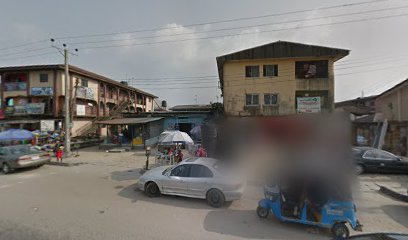
Oko Blu Events and Sports Lounge
Experience the excitement of live sports in a vibrant atmosphere at Oko Blu Events and Sports Lounge in Effurun.
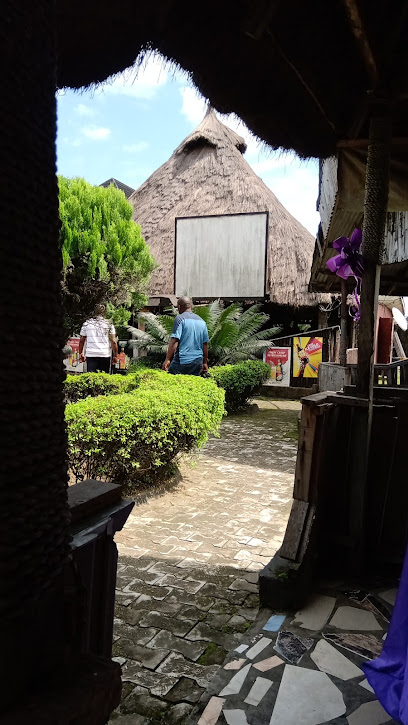
Famous Bar
Discover the vibrant atmosphere of Famous Bar in Ekpan, Warri, where local culture meets refreshing beverages in a lively setting.
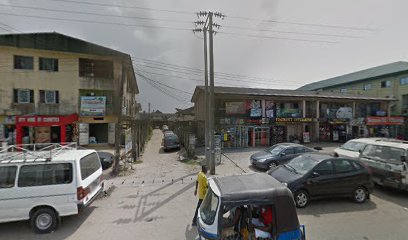
Laxy Bar And Restaurant
Discover the vibrant flavors and welcoming atmosphere of Laxy Bar And Restaurant, a quintessential spot for relaxation and dining in Warri.

Papa Suger Bar
Discover the energetic nightlife of Warri at Papa Suger Bar, where vibrant ambiance meets crafted cocktails for an unforgettable experience.
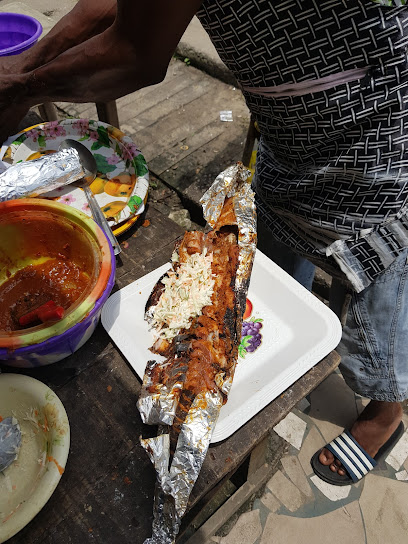
Cool breeze
Experience refreshing drinks and a vibrant atmosphere at Cool Breeze, Warri's ultimate bar destination for relaxation and local flavor.
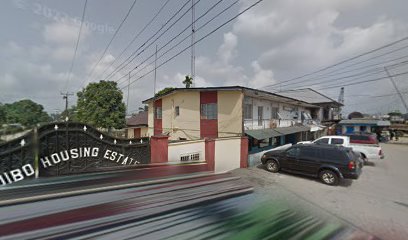
Infinity lounge
Experience the vibrant nightlife of Warri at Infinity Lounge, where relaxation meets entertainment in a serene setting.
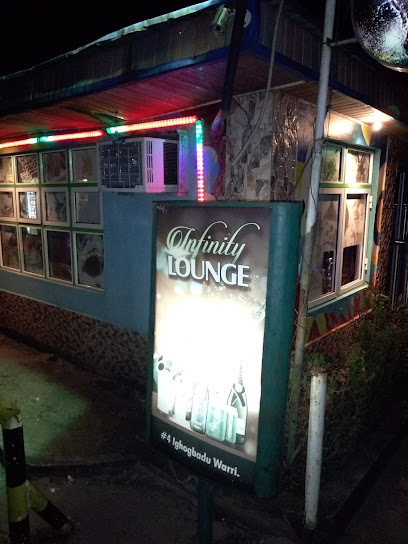
Local Phrases
-
- HelloHow far?
[haw fah] - GoodbyeAbeg make I waka
[ah-beg mah-kay ee wah-kah] - YesEhen
[eh-hen] - NoNo be so
[no beh soh] - Please/You're welcomeAbeg
[ah-beg] - Thank youI hail you
[ee hail yoo] - Excuse me/SorryAbeg
[ah-beg] - How are you?How you dey?
[how yoo dey] - Fine. And you?I dey kampe. You?
[ee dey kam-peh. yoo] - Do you speak English?You sabi speak English?
[yoo sah-bee speak English] - I don't understandI no sabi
[ee no sah-bee]
- HelloHow far?
-
- I'd like to see the menu, pleaseAbeg bring menu make I see
[ah-beg bring menu mah-kay ee see] - I don't eat meatI no chop meat
[ee no chohp meat] - Cheers!Kachifo!
[kah-chee-foh] - I would like to pay, pleaseAbeg make I pay
[ah-beg mah-kay ee peh]
- I'd like to see the menu, pleaseAbeg bring menu make I see
-
- Help!Abeg!
[ah-beg] - Go away!Comot!
[coh-mot] - Call the Police!Call polis!
[call poh-lees] - Call a doctor!Call doctor!
[call dohk-tor] - I'm lostI lost
[ee lost] - I'm illI de sick
[ee deh sick]
- Help!Abeg!
-
- I'd like to buy...I wan buy...
[ee wah-n buy] - I'm just lookingI dey look
[ee dey look] - How much is it?How much e be?
[how much eh beh] - That's too expensiveE too cost
[eh too cost] - Can you lower the price?You fit reduce the price?
[yoo fit reh-duce the price]
- I'd like to buy...I wan buy...
-
- What time is it?Wetin be the time?
[weh-teen beh the time] - It's one o'clockNa one
[nah wahn] - Half past (10)Na ten thirty
[nah ten thur-tee] - MorningMornin
[mohr-neen] - AfternoonAftanun
[ahf-tah-noon] - EveningEvinin
[eh-vee-neen] - YesterdayYestade
[yes-tah-day] - TodayTideh
[tee-deh] - TomorrowTomoro
[toh-moh-roh] - 1Wan
[wahn] - 2Tu
[too] - 3Tri
[tree] - 4Fo
[foh] - 5Faiv
[fah-eev] - 6Siks
[siks] - 7Seven
[seh-ven] - 8Eit
[ayt] - 9Nain
[neyen] - 10Ten
[ten]
- What time is it?Wetin be the time?
-
- Where's a/the...?Wey...dey?
[wey...dey] - What's the address?Wetin be the address?
[weh-teen beh the address] - Can you show me (on the map)?You fit show me for map?
[yoo fit show me foh map] - When's the next (bus)?Wen next (bus) dey come?
[wen next (bus) dey come] - A ticket (to ....)Ticket (go...)
[tee-ket go]
- Where's a/the...?Wey...dey?
History of Warri
-
Warri, located in the Niger Delta region of Nigeria, has a history that dates back to ancient times. Originally inhabited by the Itsekiri people, the city was established as a center of trade and commerce due to its strategic position along the waterways. The Itsekiris were known for their fishing skills and strong maritime culture. They established a kingdom that became a significant player in regional trade networks.
-
The Itsekiri Kingdom, also known as Warri Kingdom, rose to prominence in the 15th century. The kingdom was founded by Prince Ginuwa, a Benin prince who migrated to the area. The Itsekiri people adopted a monarchical system with a king known as the Olu of Warri. The kingdom engaged in trade with European merchants, exchanging goods such as palm oil, ivory, and slaves for European goods. This era marked the beginning of Warri's importance as a trading hub.
-
Warri's strategic location made it an attractive destination for European traders, particularly the Portuguese, Dutch, and British. The Portuguese were among the first Europeans to establish contact in the 16th century, followed by the Dutch and British. These interactions brought about significant cultural exchanges and introduced Christianity to the region. The influence of European traders also played a role in the development of the local economy and infrastructure.
-
In the late 19th century, Warri came under British colonial rule. The British established the Oil Rivers Protectorate, which later became part of the Niger Coast Protectorate. Warri served as an administrative center during this period. The British introduced new governance structures and economic policies that impacted the traditional way of life. The colonial era also saw the expansion of missionary activities and the establishment of schools, hospitals, and churches.
-
After Nigeria gained independence in 1960, Warri continued to grow as an economic center. The discovery of oil in the Niger Delta region in the 1950s brought significant economic changes to the city. Warri became a focal point for the oil and gas industry, attracting multinational corporations and workers from various parts of Nigeria and beyond. This period marked a shift towards industrialization and urbanization, transforming Warri into a bustling metropolis.
-
Despite its modernization, Warri has retained its rich cultural heritage. The city is known for its vibrant festivals and cultural events that showcase the traditions and customs of the Itsekiri people. One of the most notable festivals is the Erejuwa Festival, celebrated to honor past Olus (kings) of Warri. The festival features traditional music, dance, masquerades, and other cultural performances that attract visitors from far and wide.
-
Today, Warri is a melting pot of cultures, with a diverse population that includes Itsekiris, Urhobos, Ijaws, and people from other ethnic groups. The city's cosmopolitan nature is reflected in its cuisine, language, and social practices. Warri's markets, restaurants, and entertainment venues offer a blend of traditional and modern experiences, making it a dynamic and exciting place to explore.
Warri Essentials
-
Warri is accessible via the Osubi Airstrip (Warri Airport), which has regular flights from Lagos and Abuja. Major airlines like Arik Air and Air Peace operate these routes. Alternatively, you can reach Warri by road; it's approximately a 6-hour drive from Lagos and a 5-hour drive from Benin City. Public buses and private car services are available for road travel.
-
Warri has various transportation options including taxis, tricycles (keke), and buses. Taxis are readily available and can be hired for the day. Tricycles are a common and economical means of getting around the city. Buses and minibuses connect different parts of Warri and are a cost-effective way to travel, though they can be crowded during peak hours.
-
The official currency is the Nigerian Naira (NGN). Credit cards are accepted in major hotels, restaurants, and some shops, but it's advisable to carry cash for smaller establishments and markets. ATMs are widely available throughout Warri, but ensure you have some cash before visiting more remote areas.
-
Warri, like many urban areas, has its share of crime. It's important to stay vigilant, especially in neighborhoods like Enerhen, Effurun, and Udu where pickpocketing and petty crimes can occur. Avoid walking alone at night and be cautious in crowded places. Stick to well-lit and busy areas, and keep your belongings secure.
-
In case of emergencies, dial 112 for immediate assistance. Warri Central Hospital and Lily Clinic are among the medical facilities available for emergencies. It is recommended to have travel insurance that covers medical emergencies. For minor health issues, there are numerous pharmacies where you can purchase over-the-counter medications.
-
Fashion: Do dress modestly, especially when visiting religious or cultural sites. Avoid wearing excessively revealing clothing. Religion: Do respect local customs and traditions, particularly in religious settings. Remove your shoes when entering mosques and avoid photographing people without permission. Public Transport: Do be courteous and allow elderly passengers to sit. Don’t eat or drink on public transport as it is considered impolite. Greetings: Do greet people with a handshake. A nod or slight bow is also a sign of respect. Eating & Drinking: Do try local dishes and accept food offerings graciously. Don’t refuse hospitality, as it is considered impolite.
-
To experience Warri like a local, visit the local markets such as Igbudu Market where you can buy fresh produce and traditional goods. Engage with locals; they are often friendly and willing to share stories about the city's history and culture. Don’t miss the Warri Kingdom Royal Cemetery and Nana Living History Museum for a deeper understanding of the region's heritage. For a unique experience, try the local delicacies like Banga soup and starch.
Trending Landmark in Warri
Nearby Cities to Warri
-
Things To Do in Benin City
-
Things To Do in Asaba
-
Things To Do in Onitsha
-
Things To Do in Owerri
-
Things To Do in Port Harcourt
-
Things To Do in Enugu
-
Things To Do in Uyo
-
Things To Do in Lagos
-
Things To Do in Ibadan
-
Things To Do in Calabar
-
Things To Do in Abeokuta
-
Things To Do in Porto-Novo
-
Things To Do in Cotonou
-
Things To Do in Luba
-
Things To Do in Malabo




